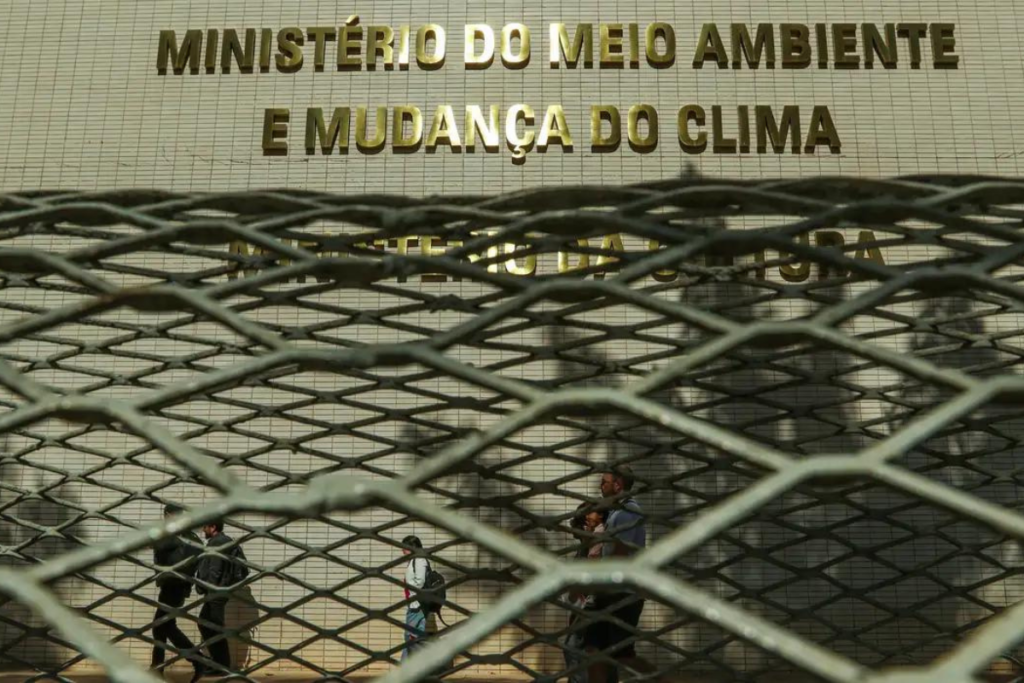Brazil’s Environmental Workers Clash with Government Over Wage Dispute
In a significant escalation of labor tensions, Brazil’s Solicitor General has initiated legal action against striking public servants from the country’s key environmental protection agencies, Ibama (Brazilian Institute of Environment and Renewable Natural Resources) and ICMBio (Chico Mendes Institute for Biodiversity Conservation). Filed in the Superior Court of Justice, Brazil’s second-highest judicial body, the legal action demands the immediate return to work of these essential personnel.
Context and Background
The ongoing labor dispute comes at a critical time for Brazil’s environmental health. Both the Pantanal wetlands and the Amazon rainforest are experiencing unprecedented levels of destruction due to rampant fires. According to data, deforestation over the first four months of 2024 has already ravaged an area 17 times larger compared to the same period last year. The legal action labels the ongoing work stoppages as “illegal” and “abusive,” emphasizing the crucial role of these agencies in environmental inspection and licensing.
The Strike and Its Implications
The strike began modestly with field workers halting activities earlier this year but has recently expanded to include public servants across 25 out of Brazil’s 27 states. Currently, the strike includes all workers, bringing crucial post-fire cleanup operations to a standstill and halting the issuance of fines, which could exacerbate environmental destruction.
The Wage Dispute
The striking workers are demanding a pay increase of 10.34 percent per year, spread over three years from 2024 to 2026. This would culminate in a total raise of approximately 34.32 percent when accounting for accumulated interest. The last wage increase, above inflation, was granted in 2016, making the workers insistent on their demands being met.
In contrast, the government’s February counteroffer proposed a 9 percent wage hike in two installments, to be implemented in May 2025 and May 2026. Additional proposed benefits included a near doubling of meal allowances, a 51 percent increase in health aid, and higher daycare allowances for parents. Despite these offers, the employees argue that the government’s proposal fails to address inflation from past years effectively.
After initially declaring in early June that it would cease negotiations, the government made a surprising turnaround. On Tuesday, Management Minister Esther Dweck announced that talks would resume, offering a glimmer of hope for a potential resolution.
What’s Next?
With the Superior Court of Justice now involved, the resolution of this labor dispute carries substantial implications for Brazil’s environmental health and regulatory oversight. The decision on whether the strike will be legally mandated to end rests in judicial hands, a move that could either bring the workers back to their posts or intensify the impasse.
As Brazil grapples with the environmental crises exacerbated by the fires in the Pantanal and the Amazon, the importance of maintaining functional and effective environmental protection agencies cannot be overstated. The outcome of this legal action and renewed negotiations will be closely watched, as they may set the course for Brazil’s environmental policies and labor relations in the years to come.
For more updates on this developing story, please visit the official website.
